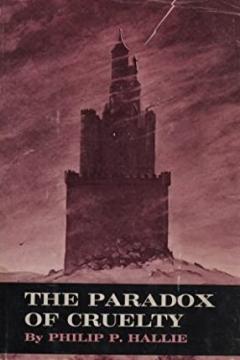
Paradox of Cruelty
Jedan primerak je u ponudi
- Unterschrift des Vorbesitzers

Jedan primerak je u ponudi
Zanima Vas i neka druga knjiga? Možete pretražiti našu ponudu pomoću pretrage ili prelistati knjige po kategorijama.
Očaravajuća feministička verzija romana strave. U Meksiku pedesetih godina 20. stoljeća mlada pripadnica visokog društva otkriva jezive tajne prekrasne stare vile.
Anđeo zapadnog prozora čudan je fikcijski roman Gustava Meyrinka prožet alkemijskim, hermetičkim, okultnim i mističnim slikama i idejama ispreplićući život elizabetinskog maga dr. Johna Deeja sa životom izmišljenog modernog potomka, baruna Müllera.
Izbor nekih od najboljih tekstova objavljenih u prethodnih 10 godina na blogu The Cult of Ghoul. Prikazi i kritike istaknutih hit horora s početka 21. st.; osvrti na opskurne, kultne i neznane horore i nehorore. I još mnogo toga, na 500 strana...
Revenants is a lyrical evocation of the colonial landscape, a poetic meditation on the hills and wilds of that vanished country. It also brings back to life the inner landscape of sombre repression known to the settlers of New England.